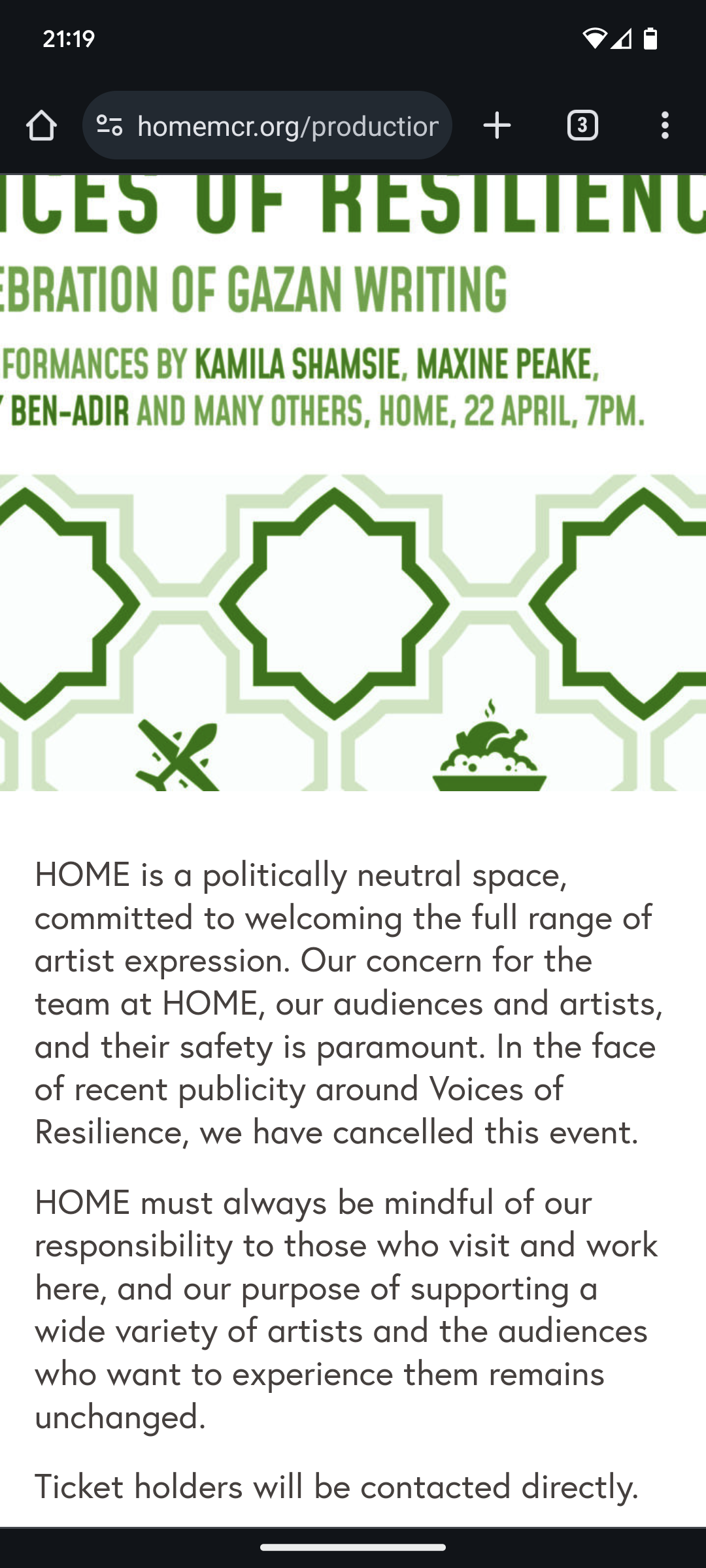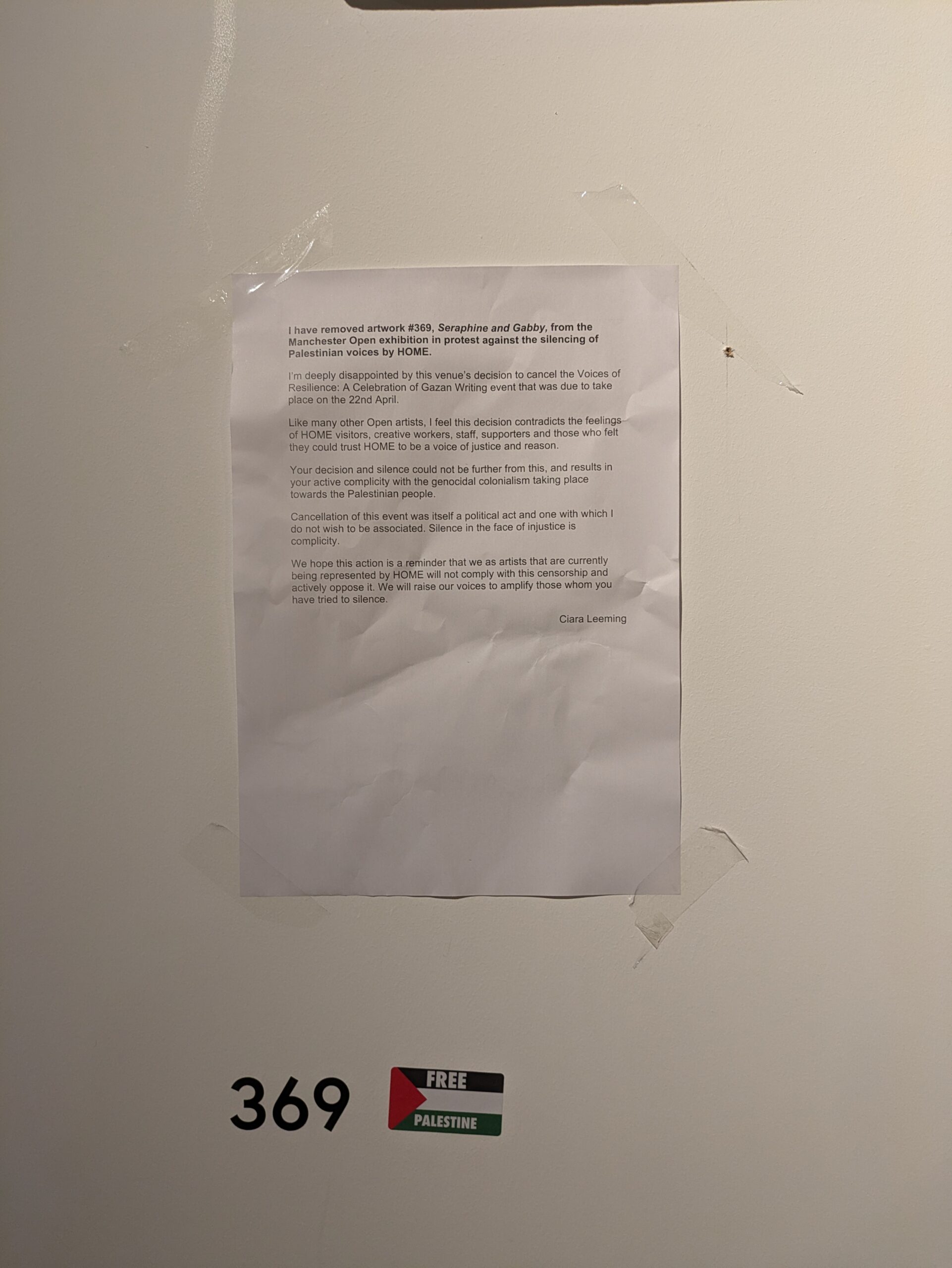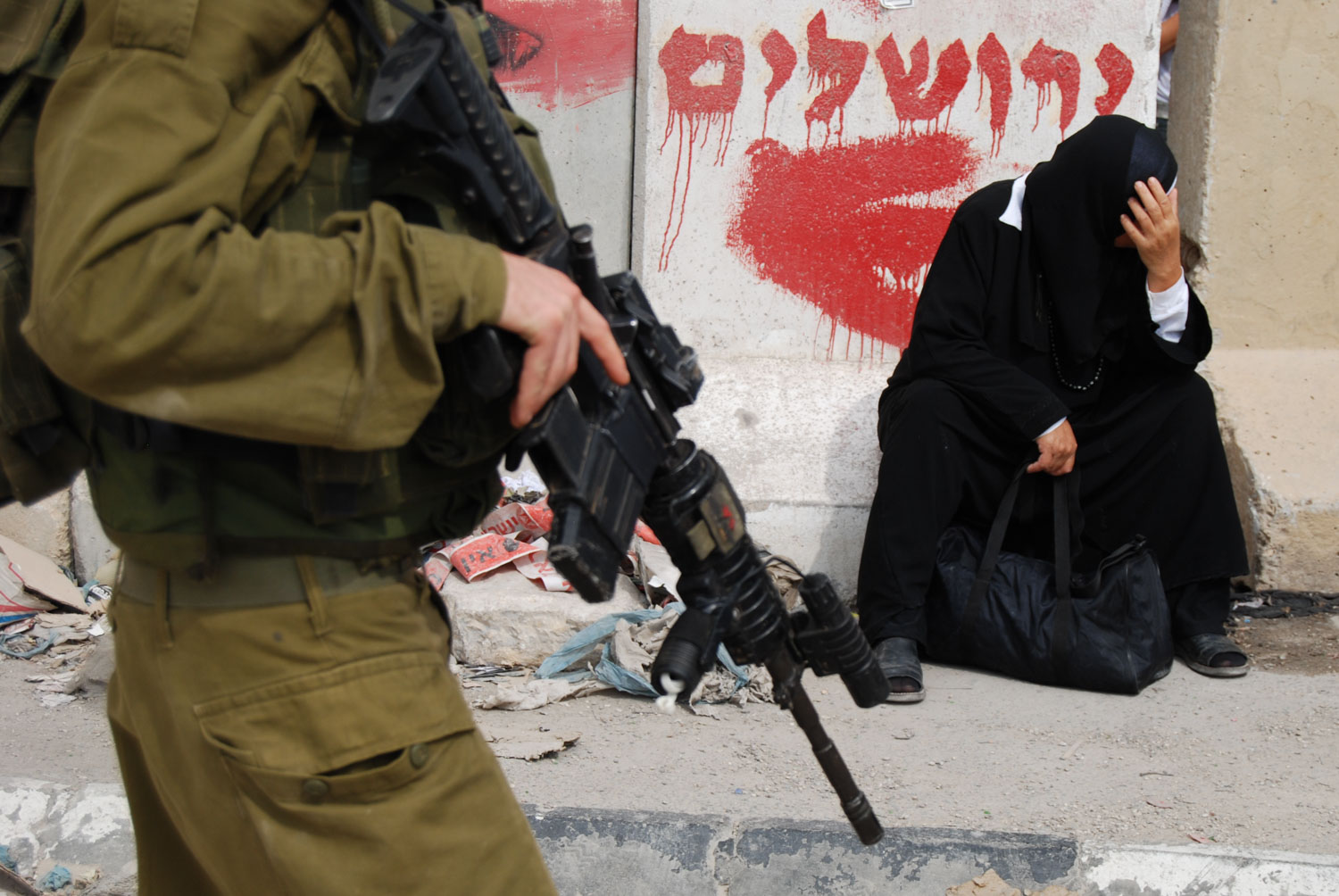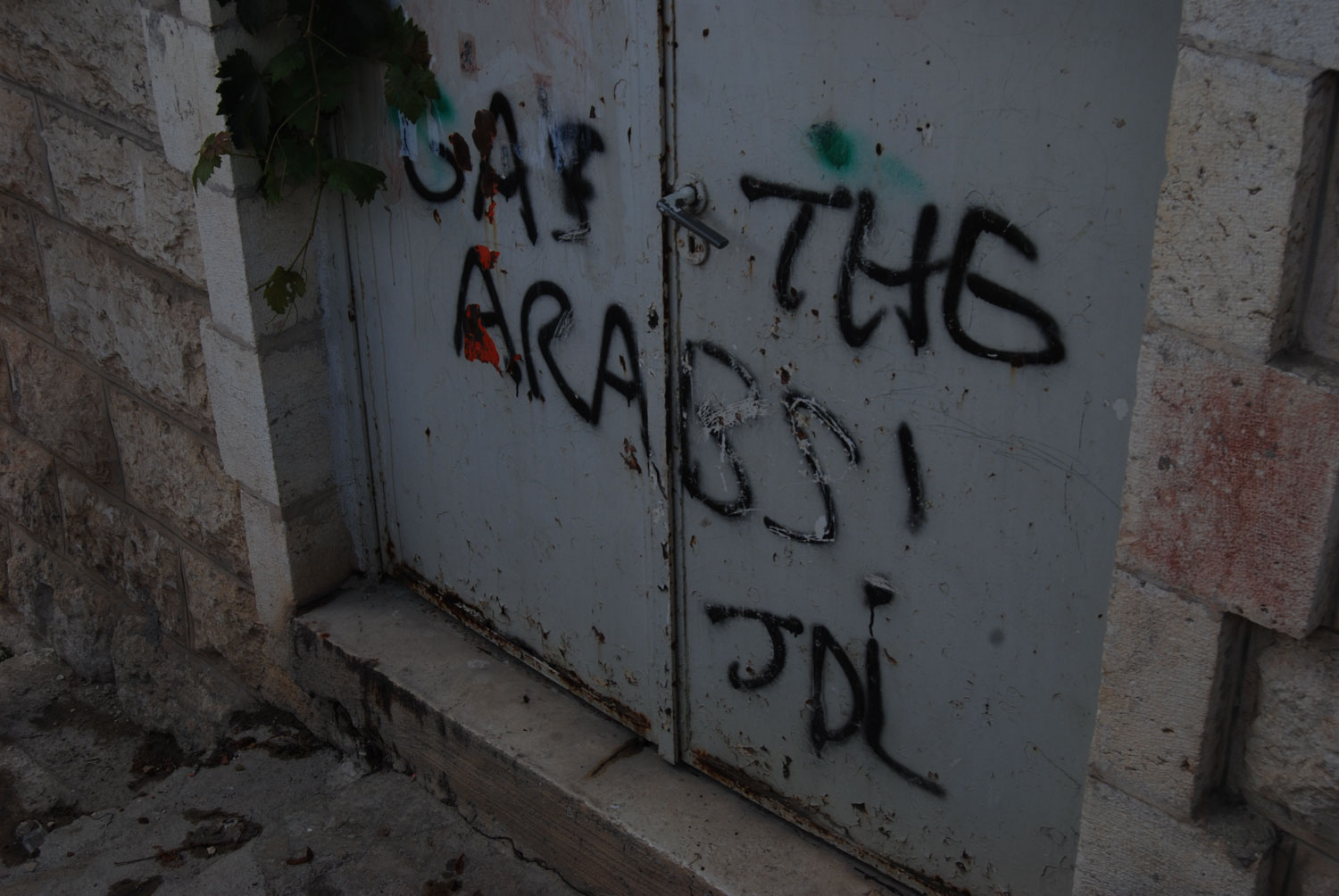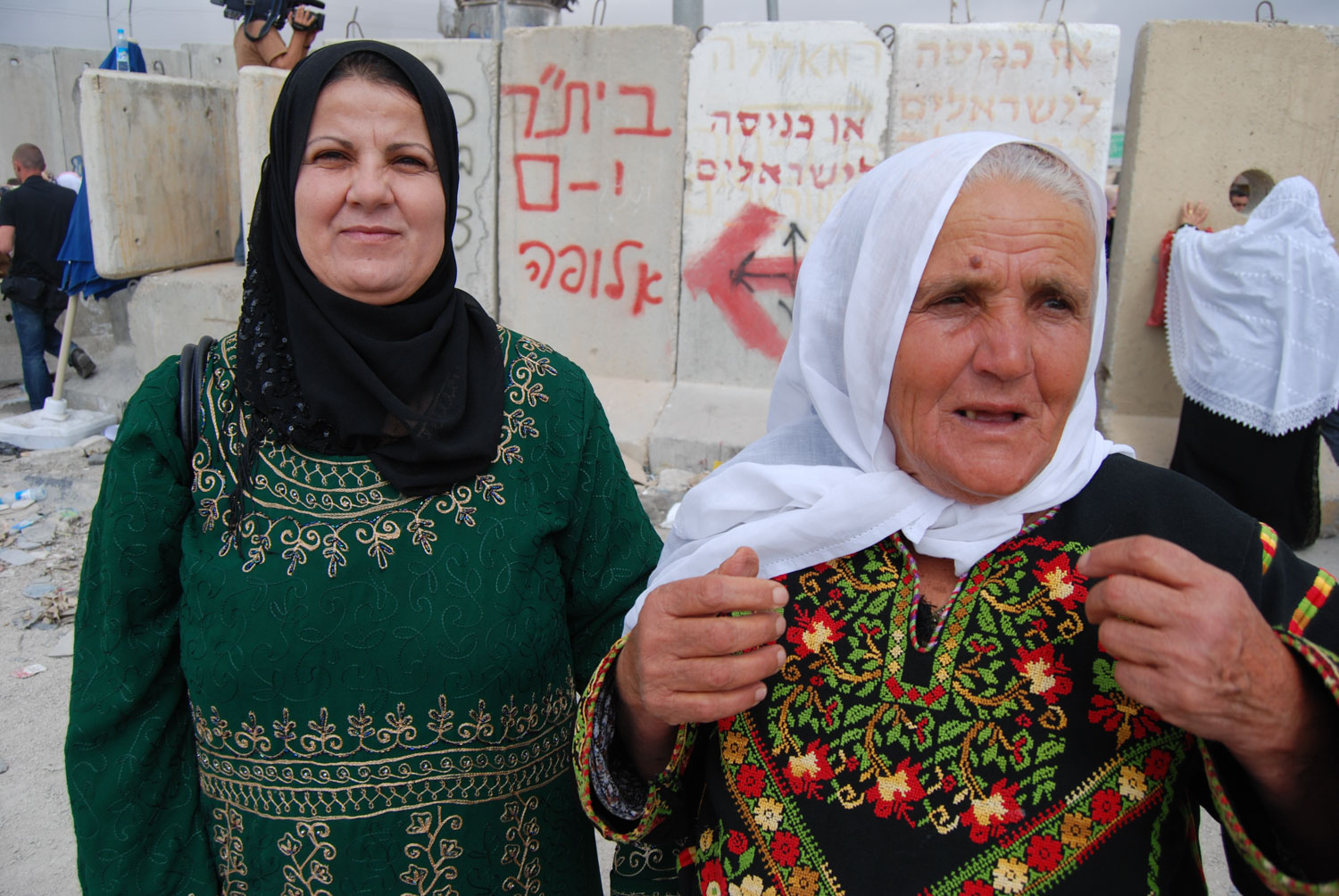


Maybe i was daydreaming when my current human relationships assignment was set but until I read a classmate’s blog post I had no idea that trying to capture negative emotions or situations was part of the brief. Unless I witness some toddler tantrums or tellings-off when I spend time with a family next week, the relationships I photograph are likely to be quite convivial. But thinking about this got me wondering what I had shot in the past which would have fitted the bill, and one place springs to mind: Palestine.
I spent four weeks in the Holy Land in 2008 – three based in the West Bank and nine days based in Jerusalem. I happened to be there during Ramandan, Eid and the Jewish New Year, Rosh Hashanah. I was invited several times to Palestinian homes for iftar – the breaking of the fast – which was lovely. I also spent the last two Fridays of Ramadan at one of the main flashpoints between Palestinians and the IDF during the Muslim holy month – namely the Kalandia checkpoint. From very early in the morning here, especially on Fridays at this time of year, thousands of Muslims try to cross from Ramallah into Jerusalem to pray at the Al Aqsa mosque, the third most sacred site in Islam. Of course they need permits to do so, and men aged over 16 and under something like 60 aren’t allowed to go at all.
It’s absolute bedlam and the tension level is very high. The soldiers split men and women into separate queues and make them wait for hours in the blazing sun. People appear to be arbitarily refused access, even when they have the correct permits. Others chance their luck without the correct paperwork. People lose their family members, faint, get upset, are routinely humilated by the soldiers, and lots of tears are shed. Dignified, elderly people are made to wait around for hours on end. As the morning wears on people get more stressed and upset because they want to get to the mosque for afternoon prayers, and many end up saying their prayers next to the barbed wires and ugly concrete walls of the checkpoint. It’s distressing to watch and encapsulates all that is wrong with the power dynamic between an occupying force and the people they are colonising, and in this case humilating on an almost daily basis.
